Dr. Aafia Siddiqui: Controversial Case from Neuroscientist to alleged terrorist
Pakistani neuroscientist Dr. Aafia Siddiqui gained attention throughout the world after her arrest and imprisonment on terrorism-related charges. She studied in the United States after moving from Karachi. She graduated with a Ph.D. in neuroscience from Brandeis University.
However, her life quickly changed as she was accused of working with Al-Qaeda agents in the early 2000s. Even the Western world, especially America called her “Al-Qaeda Lady.”
Her case has been referred to as “one of the most mysterious in a secret war filled with mysteries.” It is still a “flashpoint of Pakistani-American tensions.”

Pakistanis held widespread protests throughout Pakistan after her arrest and conviction as they viewed it as an “attack on Islam and Muslims.
However, the US considers her particularly dangerous because she was “one of the few alleged Al Qaeda associates with the scientific expertise” to carry out a precise attack on their forces.
Early Life and Background of Dr. Aafia Siddiqui
Aafia Siddiqui was born in Karachi, Pakistan on March 2, 1972, into a well-educated and well-respected family. Her mother, Ismet Siddiqui, was an Islamic educator and social worker while her father, Muhammad Siddiqui, was a neurosurgeon with training from Britain.
She was the youngest of three siblings and grew up in a home with a strong emphasis on education and religious principles.
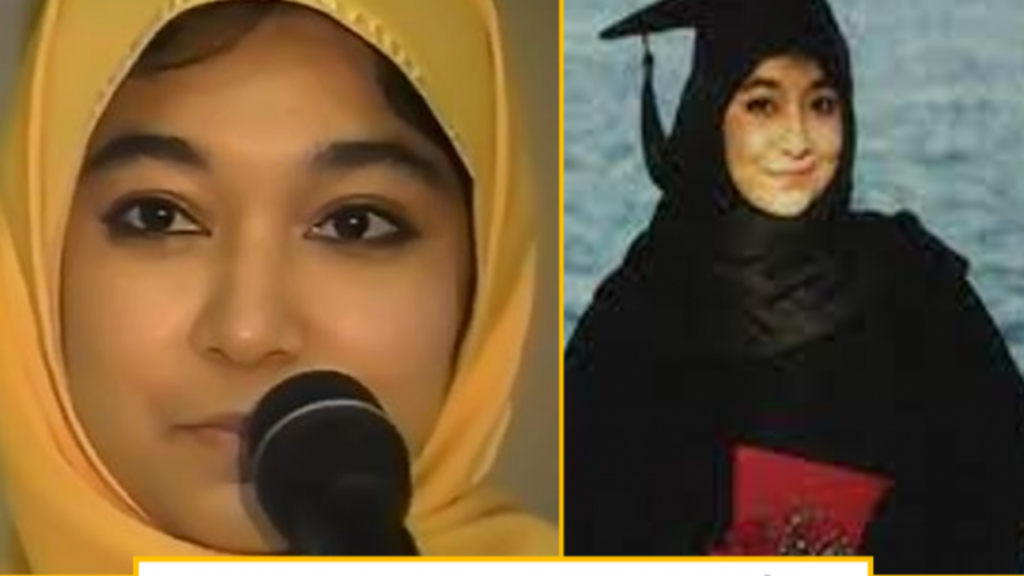
Education and Marriage
Aafia moved to the US to continue her higher studies in 1990. She finished her undergraduate studies in biology at the Massachusetts Institute of Technology (MIT). Another Pakistani national Muhammad Amjad Khan was a student at MIT with whom she tied the knot in 1995.
Afterward, she pursued her studies at Brandeis University, where she completed her Ph.D. with a neuroscience specialty in 2001.
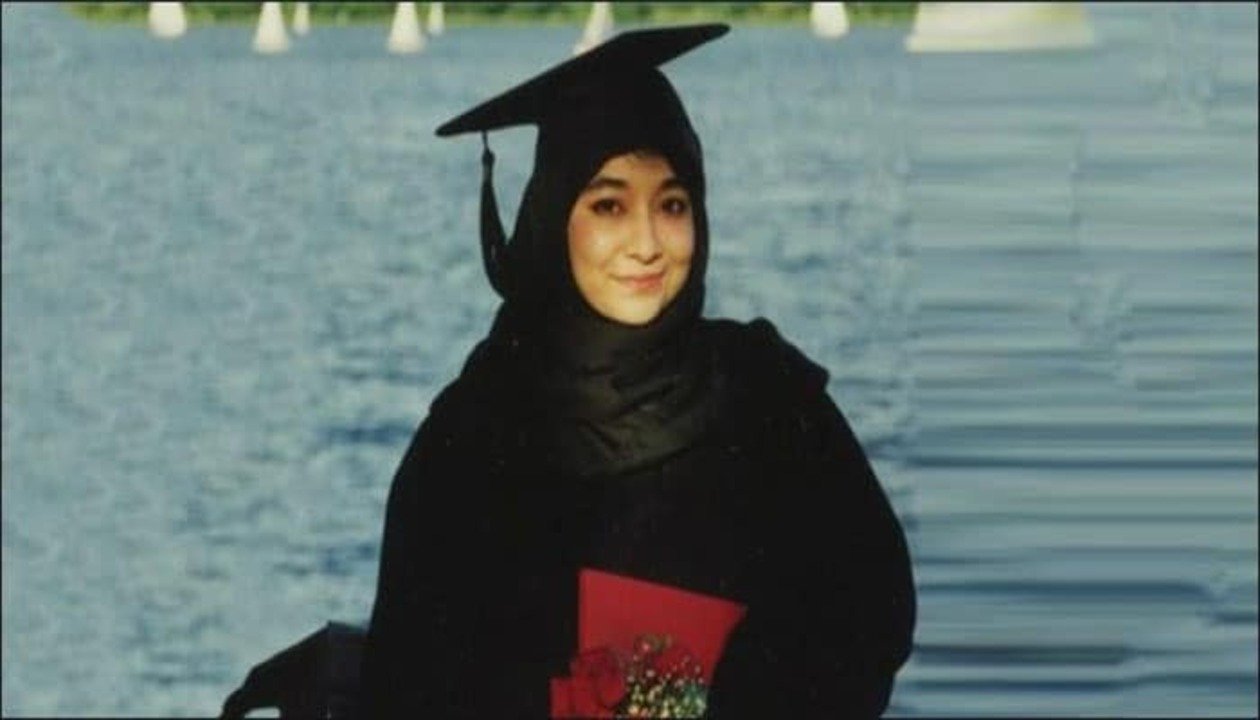
Alleged Connection of Dr. Aafia Siddiqui to Terrorist Organisations
Everything went smoothly until a dramatic turn came in 2002 when Aafia was living in the United States. She became a person of interest to the FBI and other intelligence agencies due to suspicions that she might be involved in terrorist activities in 2002.
Her name reportedly came in various US intelligence reports and investigations. According to those reports, Aafia had connections to individuals and groups that were linked to Terrorist Organisations like Al-Qaeda. Hence, she was on the FBI’s radar.
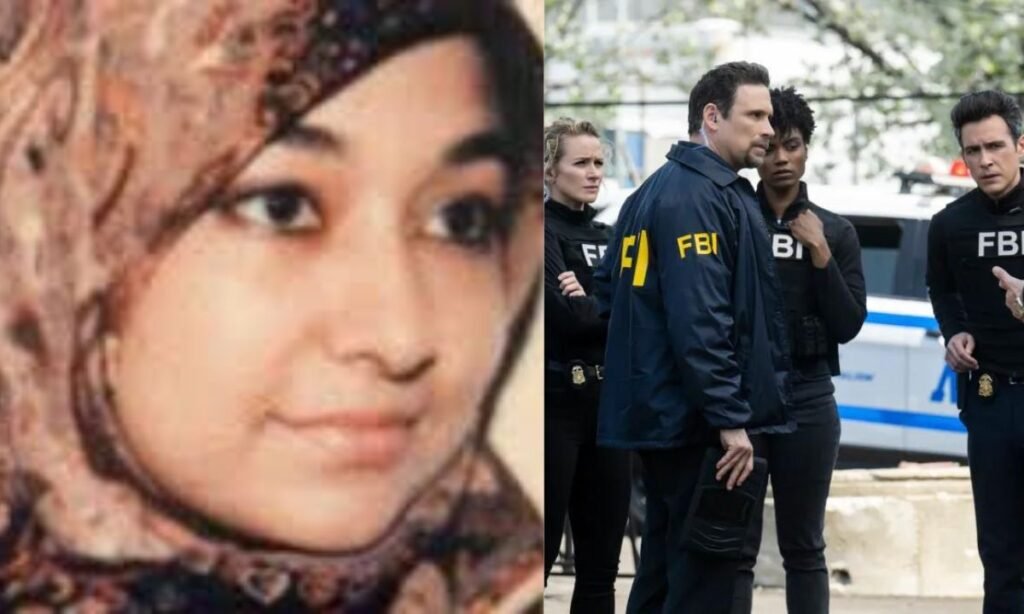
Meanwhile, she and Amjad divorced due to their unsettling differences on October 21, 2002. The FBI claimed this was the point where her connections with Al-Qaeda intensified.
Moreover, her frequent visits to Pakistan after the 9/11 attacks and during the war in Afghanistan in 2002 and 2003 raised suspicions among FBI officials.

Following this, the FBI issued a “wanted for questioning” alert for Aafia in early 2003. Just as authorities sought to arrest and interrogate her, she returned to Pakistan in the early days of March 2003. It led to widespread speculation and furthering the narrative of her involvement in terrorist organizations.
However, Aafia and her family claimed she returned to Pakistan primarily to escape monitoring and tension towards Muslims following the 9/11 attacks and to ensure the safety and well-being of her children.
As she was being unjustly targeted due to her religion and Muslim background. On the other hand, the FBI put out a “worldwide alert” for Aafia on March 25, 2003.
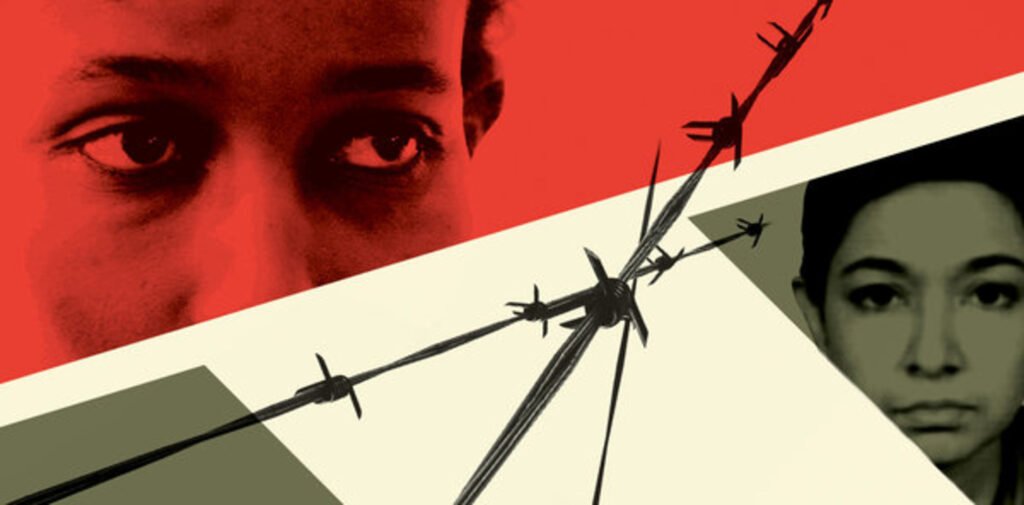
Controversial Disappearance and Allegations
Dr. Aafia Siddiqui with her three children disappeared from Karachi, Pakistan on March 30, 2003, for reasons that are still unknown.
According to the US government, she went undercover to support Al-Qaeda-sponsored terrorist activities. She allegedly carried out tasks like supplying money and equipment to terrorist groups.
She was allegedly a crucial person in organizing possible attacks against the US during the time of her disappearance. This included her spying and helping other Al-Qaeda members with their operations.
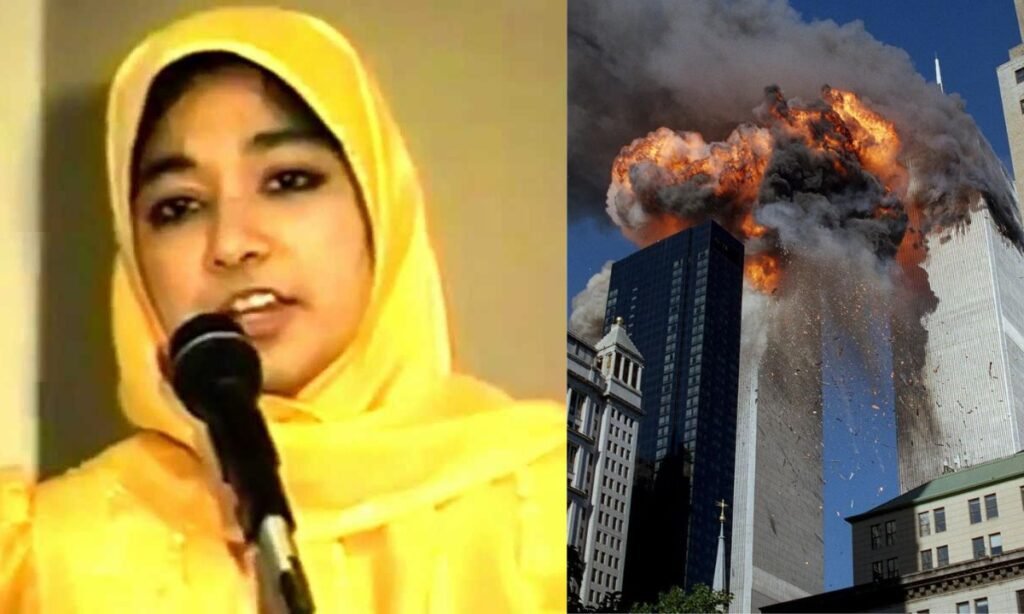
However, Aafia’s family claimed she was kidnapped and held in secret by either Pakistani or American Intelligence agencies. Her parents claimed that she was going to Islamabad to meet her uncle but was abducted.
They claim that she was the victim of an enforced disappearance and severe mistreatment. She was held in custody without being charged or having a legal trial.
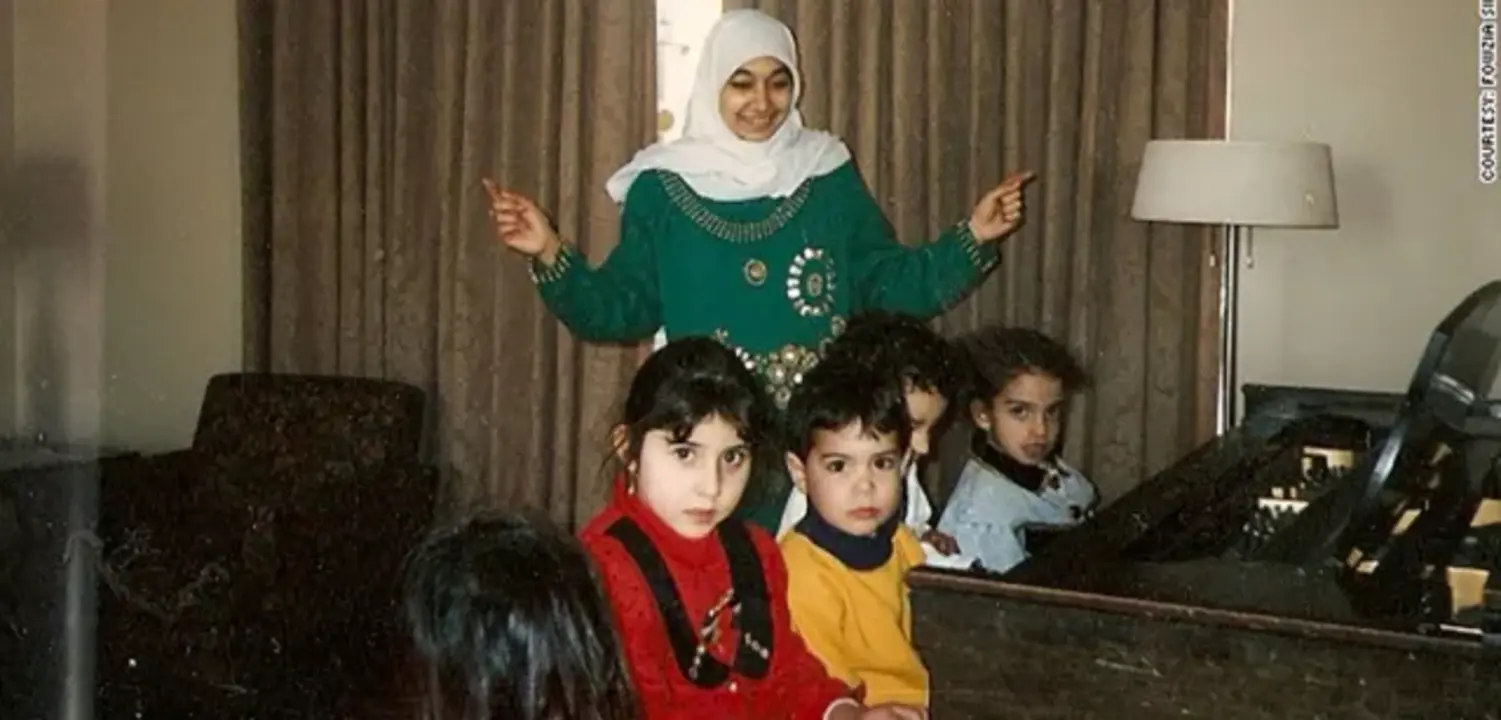
Many human rights organizations and activists who doubt the morality and legality of her alleged captivity support the stance of Aafia’s family.
Hence, the whereabouts of Aafia and her children between March 2003 and July 2008 are under dispute. The US government claimed Aafia went voluntarily into hiding with Khalid Sheikh Muhammad (KSM) of the al-Baluchi family.
Instead, Aafia’s supporters and the Pakistani government claim she was taken into custody as a prisoner by the CIA.
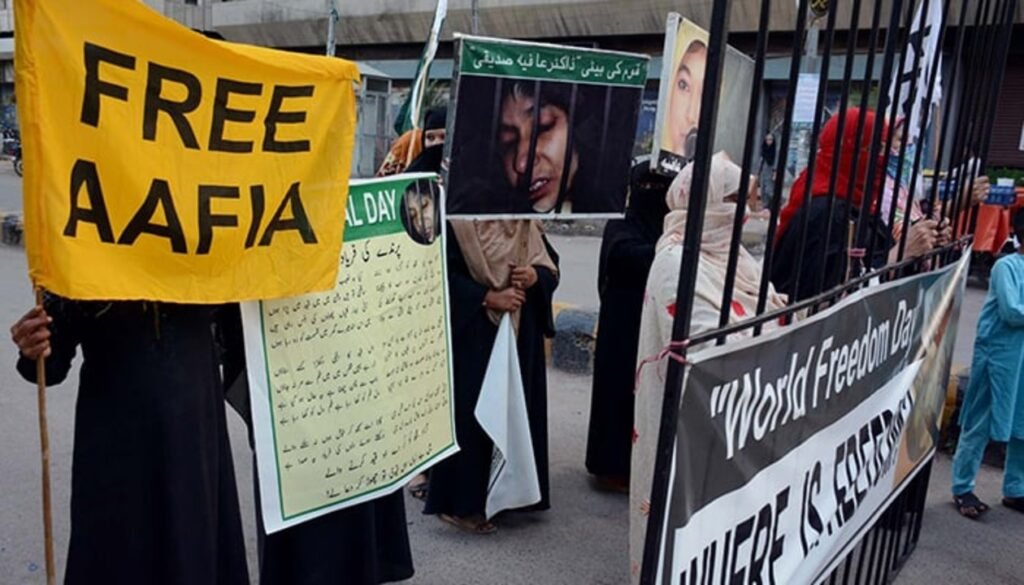
Name of Dr. Aafia Siddiqui on the “Wanted Terrorist list”
The US arrested KSM who was allegedly an Al-Qaeda leader in 2003 amidst the ongoing speculations and allegations about the disappearance of Dr. Aafia Siddiqui.
KSM reportedly identified Dr. Aafia as an Al-Qaeda financier and messenger during interrogation in US custody. Following claims of KSM, the CIA added the name of Dr. Aafia to the list of wanted terrorists on March 11, 2004.
FBI also included her name on the US Federal Bureau of Investigations’ Seeking Information – Terrorism List. She was the first woman to be included in this list.
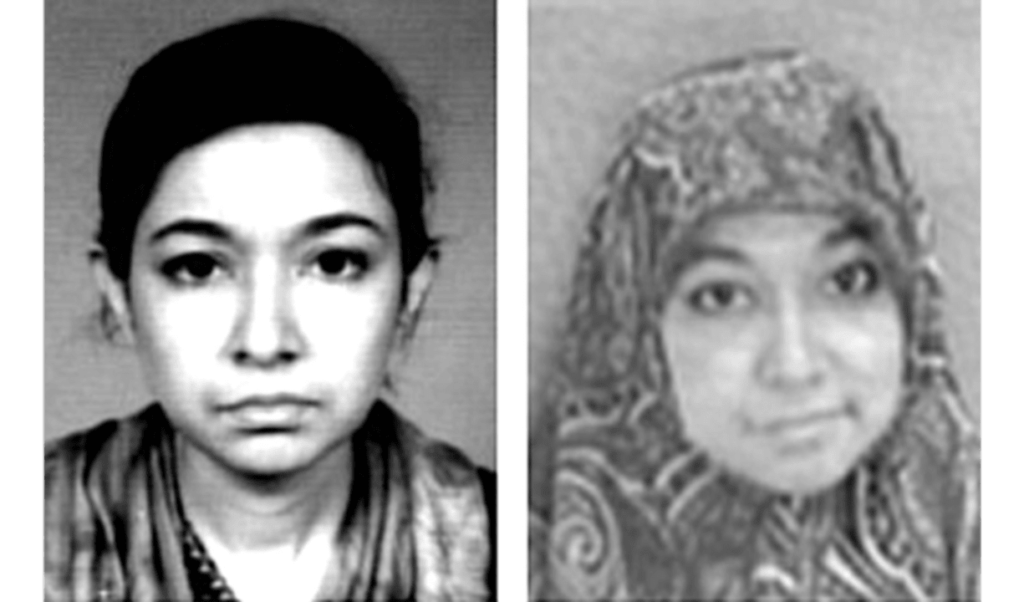
Arrest of Dr. Aafia Siddiqui in Afghanistan
Aafia disappeared in 2003 and her whereabouts remained unknown until July 17, 2008, when she was arrested in Afghanistan. According to US reports, she was found in Ghazni, an area well-known for its rebel involvement.
Afghan police and US military men conducted a raid and managed to arrest Aafia. They allegedly found her in possession of documents including data on explosives and possible targets in the US at the time of her arrest.
It was alleged that she was involved in attack planning and terrorist operations against the US because of the existence of such claimed evidential material.
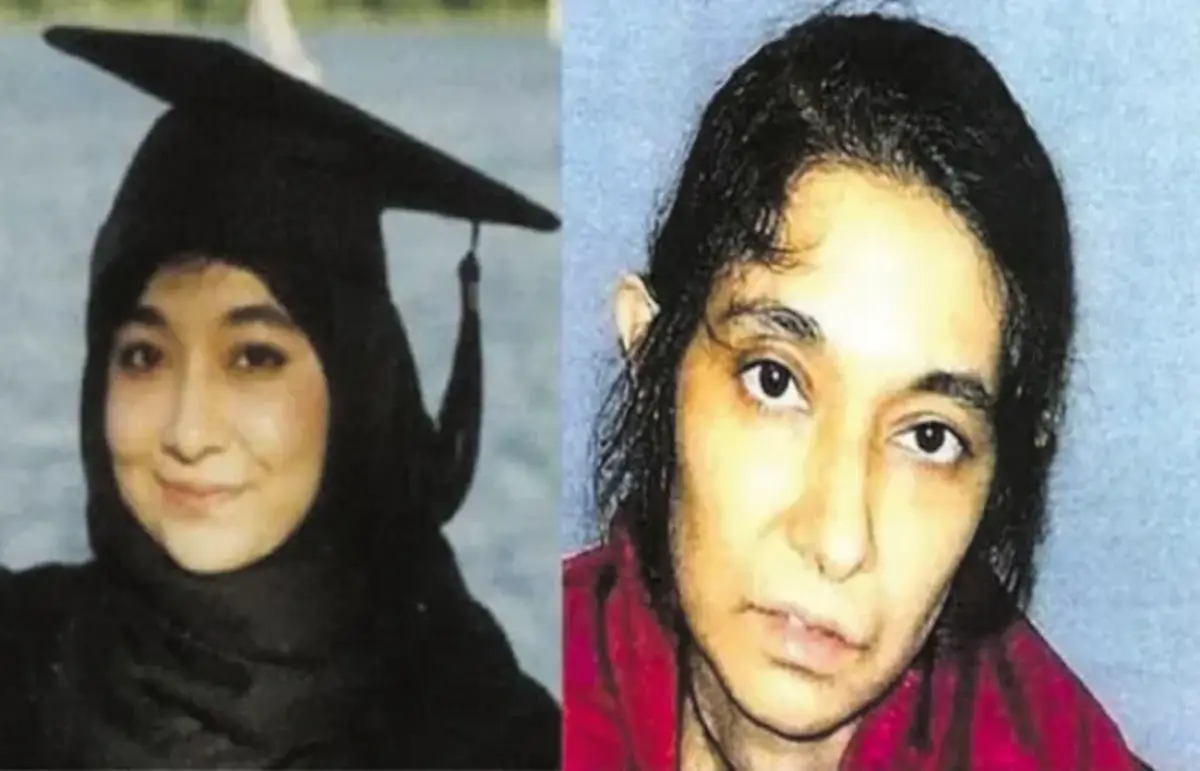
Interrogation of Dr. Aafia and Shooting Incident
After arresting Aafia, she was rushed to the US military base in Bagram Airfield, Afghanistan for interrogation. She allegedly seized a gun from a guard and fired at a US officer.
She was shot multiple times in retaliation. The shooting resulted in serious injuries to Dr. Aafia Siddiqui. Later, she received medical treatment at a US military base until her custody was over to America on August 4, 2008, by Afghan authorities to face charges related to the shooting incident.
US authorities charged her with a murder attempt and assault on a US Army officer. Aafia remained in federal custody at the Metropolitan Detention Center in Brooklyn, New York for 18 months following her charges without any trial.
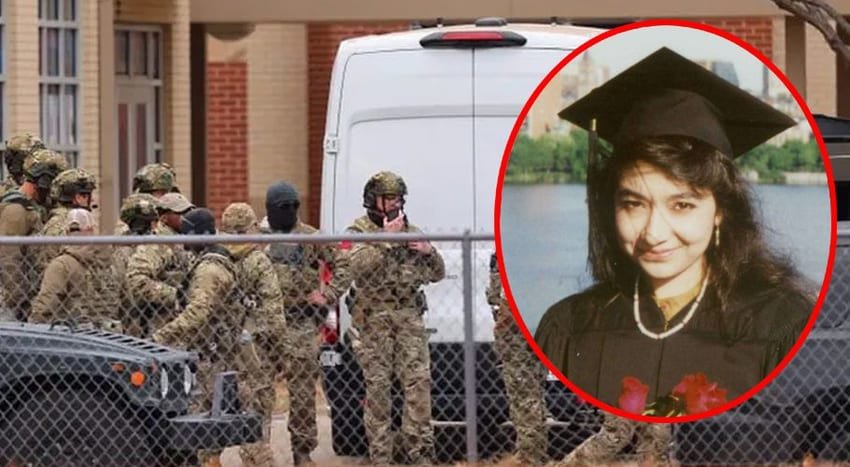
Trial and Arguments
The trial of Aafia Siddiqui began on January 19, 2010, at the United States District Court for the Southern District of New York in Manhattan.
Lawyer Charles Swift and his legal team defended the case of Aafia Siddiqui during her trial in 2010. Charles Swift, a former U.S. Navy officer, is known for his work in high-profile terrorism-related cases.
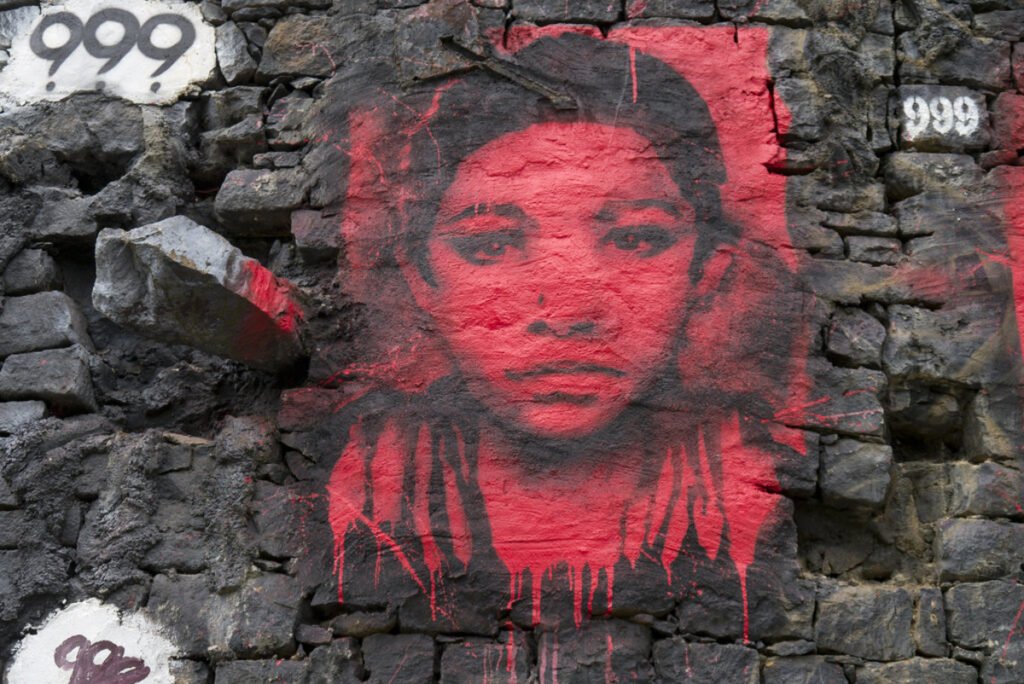
Aafia did not hire them personally but the Manhattan court appointed them as her lawyers to give her right of self-defence. However, she informed the court that she would not cooperate with her lawyers and wanted to fire them. She also stated:
Aafia said she did not trust the judge. Hence, she is boycotting this trial, just to let all of you know. There are too many injustices. She then put her head down on the defense table as the trial proceeded.
Dr. Aafia Siddiqui during her trial
Prosecution of Dr. Aafia Siddiqui
Timothy J. Heaphy and Saritha Komatireddy were Assistants to the U.S. Attorneys in the Southern District of New York who represented the prosecution in Aafia Siddiqui’s case.
It is significant to note that Aafia continued to claim that she had been tortured and subjected to harsh treatment by U.S. authorities in custody since 2008.
She frequently brought up these claims during court proceedings, which included her outbursts and angered behavior in the courtroom.

She was removed from the court several times for repeatedly interrupting the proceedings with shouting. Her sister Fowzia accused the US of raping and torturing her sister and denying her medical treatment. However, US authorities deny these claims.
The US prosecutors argued that Aafia Siddiqui attempted to murder U.S. personnel by grabbing and firing a rifle at them while in Afghanistan.
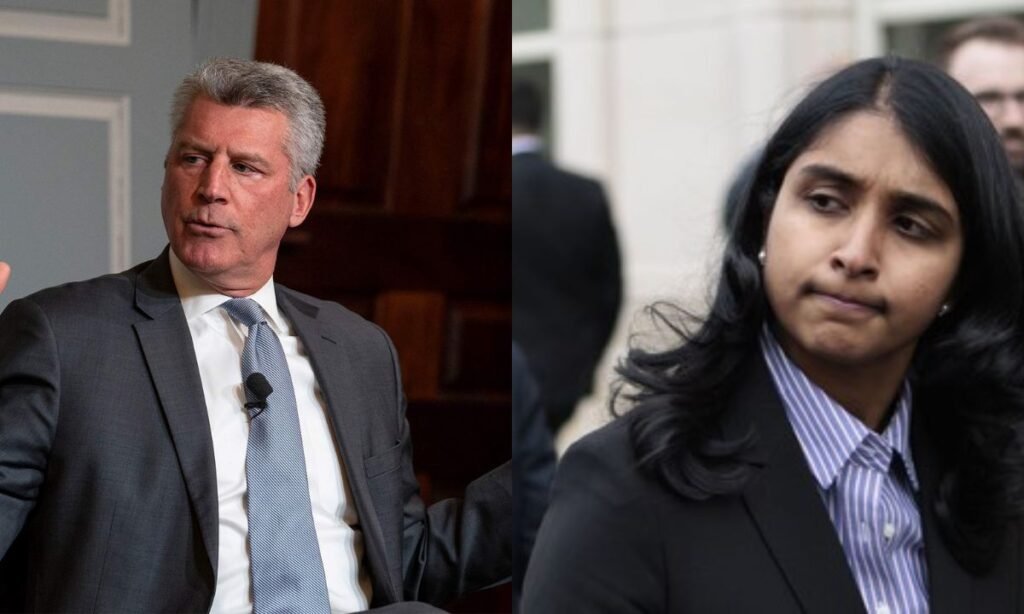
They presented evidence, including documents allegedly found with Aafia that outlined plans for terrorist attacks, arguing that these indicated her intent to harm U.S. interests.
They also challenged her claims of torture as a strategy to discredit the prosecution’s case, using circumstantial evidence to demonstrate her threat to U.S. security.
Defense of Dr. Aafia Siddiqui
Lawyer Charles argued that Aafia was a victim of mistaken identity and had been abducted and tortured by the intelligence agency CIA before her arrest in 2008. He claimed the prosecution’s evidence was circumstantial. It also failed to show any direct link to her to planned attacks.
He emphasized Aafia’s mental health issues and erratic behavior as a result of her alleged mistreatment. This undermined the prosecution’s case and suggested that Aafia was part of a broader conspiracy rather than an intentional threat.
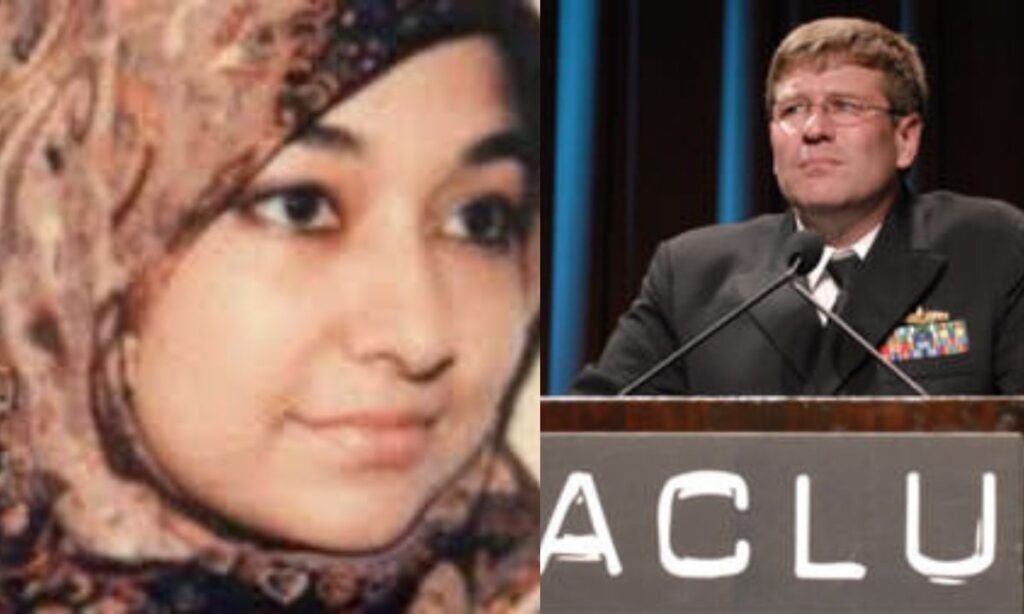
Cross Examination of Dr. Aafia Siddique
However, Aafia avoided the question of where she remained for the last five years during the trial. She stated that the documents in her bag on terror plans and weapons had been given to her while responding to the prosecutor’s questions.
When prosecutors pointed out that the documents in her bag were in her handwriting. Aafia responded she was forced to copy them out of a magazine so that her children would not be tortured.
Dr. Aafia Siddiqui
Moreover, she continually denied the accusations of pointing a gun at a US officer during her arrest.
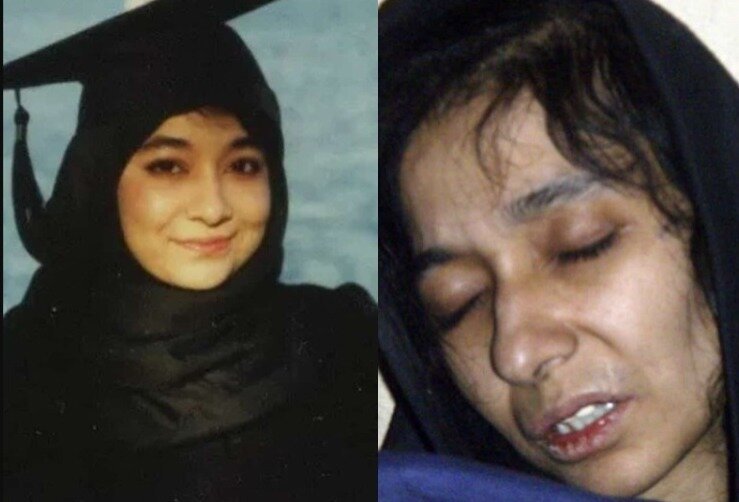
Conviction and Jail Sentence
Following arguments and defense, a US jury found Aafia guilty on seven charges after her 14-day trial on February 3, 2010. Her charges included two counts of attempted murder, armed assault, using and carrying a firearm, and three counts of assault on US officers and employees.
The trial court sentenced her to a 58-year jail sentence for her seven charges. After this verdict announcement, Aafia expressed exclamation and stated:
This is a verdict coming from Israel, not America. That’s where the anger belongs.
Dr. Aafia Siddiqui
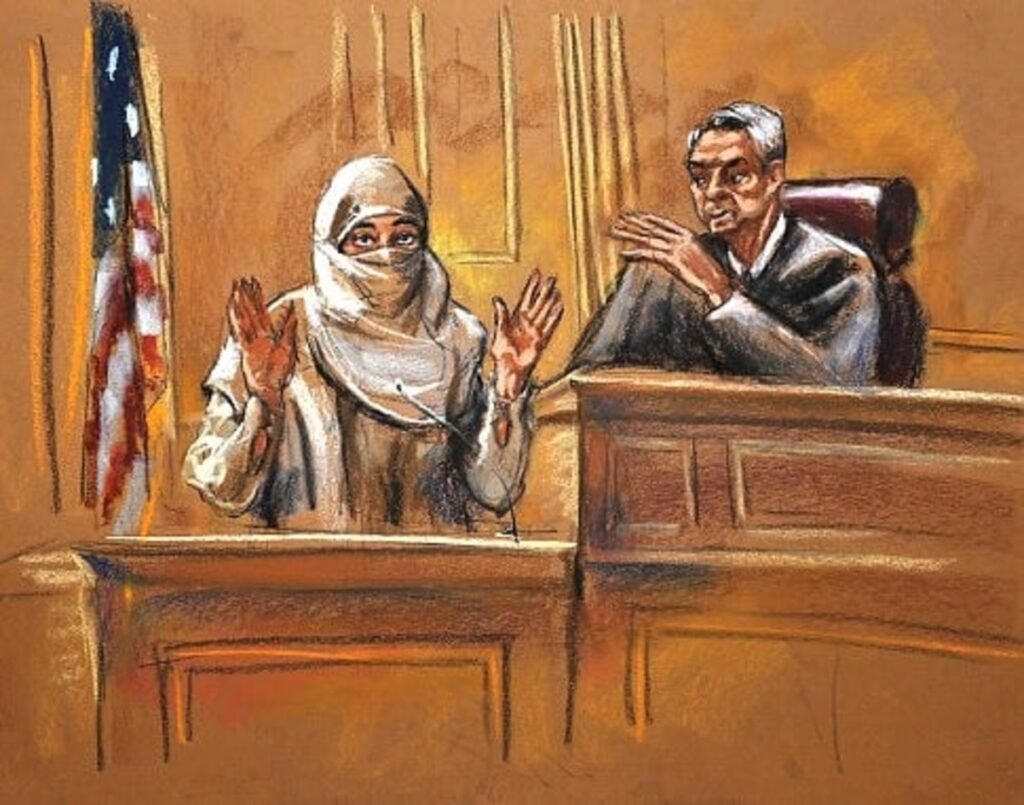
Pakistan’s Resolution on Aafia Siddique
The US court verdict against Aafia caused chaos in Pakistan. Pakistanis were already upset with ineffective government actions to rescue Aafia from her alleged barbaric custody by US authorities. An anti-US narrative among the public was growing more with each passing day.
Following public pressure, the PPP-led government passed a resolution for the repatriation of Aafia to Pakistan on humanitarian grounds on Feb 16, 2010.
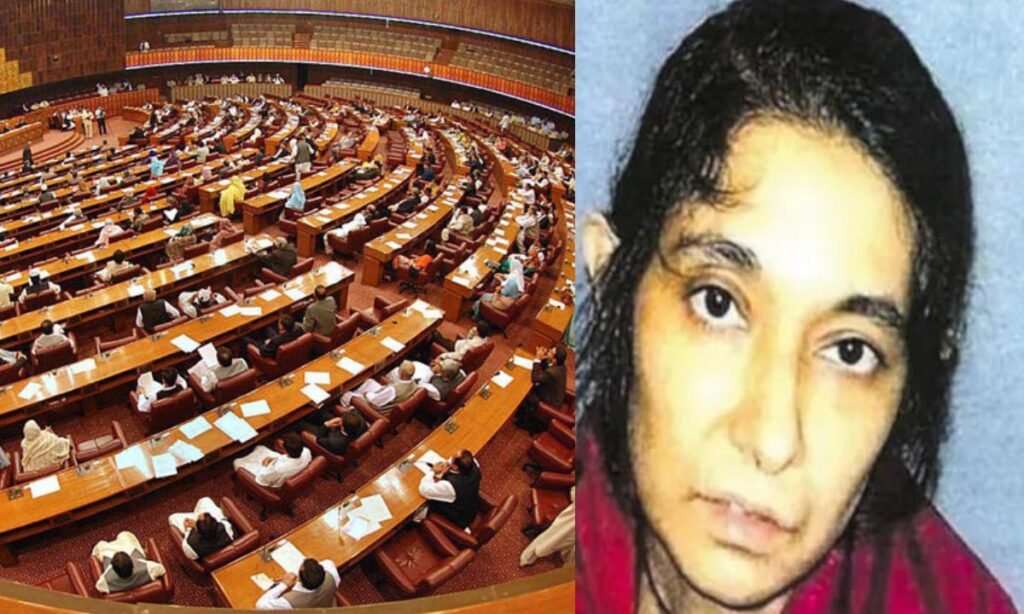
Extended Sentence of Dr. Aafia Siddique
After six months of verdict, US Judge Richard Miles Berman sentenced Aafia to 86 years imprisonment on September 23, 2010. The lengthy sentence was due to the serious nature of the charges and the perceived threat she posed to U.S. security interests.
Aafia did not show interest in filing an appeal after this lengthy sentence. Instead, she said: she appeals to God and he hears me.” After the sentence, she urged forgiveness and asked the public not to take any action in retaliation. She stated
She forgives everybody in her case. Please! Don’t get angry. If she is not angry, why should anyone else be?
Dr. Aafia Siddiqui after her sentence
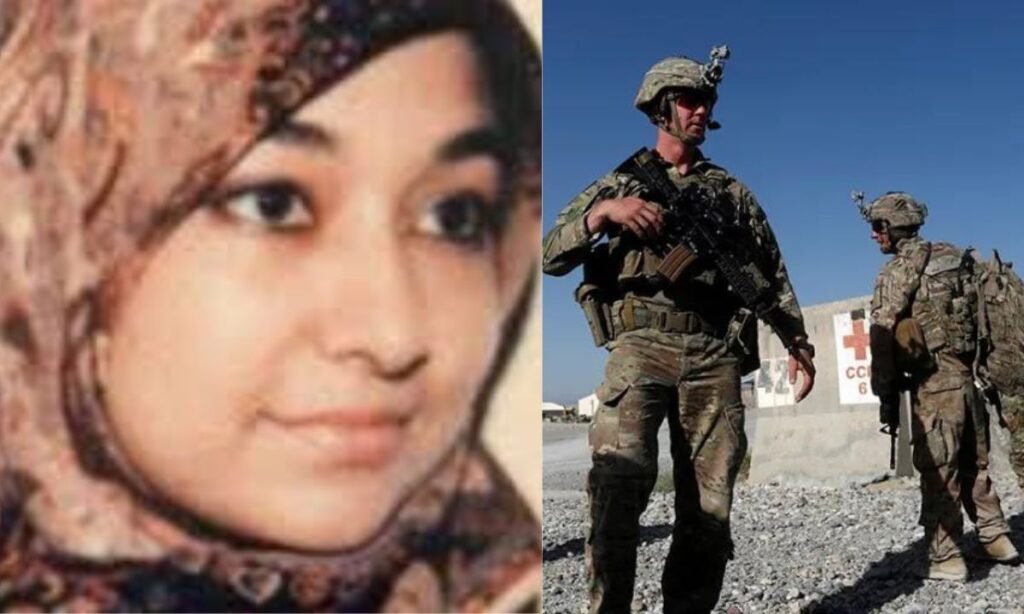
Click here to read details on Raymond Davis Case: CIA Contractor who shot two Pakistanis
Pakistan letter to US Attorney General
Following this sentence, then-Pakistani Interior Minister Rehman Malik wrote a letter to US Attorney General Eric Holder for the repatriation of Aafia on humanitarian grounds.
However, the US Attorney General turned down the request of Pakistan stating she is a convicted offender under American laws and serving a jail sentence. Legal claims for her repatriation are not available.
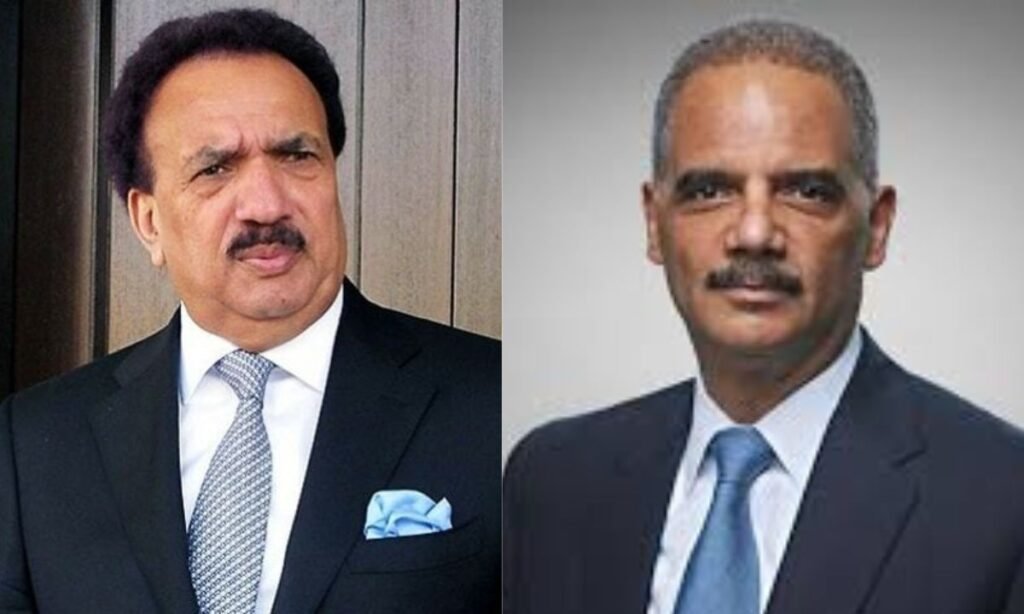
Current Status of Dr. Aafia Siddique’s Case
Aafia is currently being imprisoned at the Federal Medical Centre, Carswell in Fort Worth, Texas, a federal jail for women. The day of her release is June 30, 2082. She has spent almost 12 years in US jail. She was imprisoned at the age of 37 and now has reached 52.
Her sister Fowzia Siddiqui visited her last time in May 2023 with Senator Mushtaq Ahmad Khan of Jamaat-e-Islami and human rights lawyer Clive Stafford Smith.
Fowzia got access to her after 20 years. She claimed Aafia was in bad health and mental condition. She also claimed:
Aafia is being continuously pressured to say things that she doesn’t know. She also had a scar on her head which she suffered as a result of an assassination attempt on her.
Dr. Fowzia, sister of Aafia Siddiqui
Fowzia has long been running a campaign for the release of her sister since her arrest. She continues urging public and humanitarian organizations to raise voices for Aafia until her release.
Numerous diplomatic efforts and public campaigns in Pakistan have advocated for her release or take her back to her home country for over a decade. However, these efforts have not yet resulted in any significant change in her status.
Share this content:
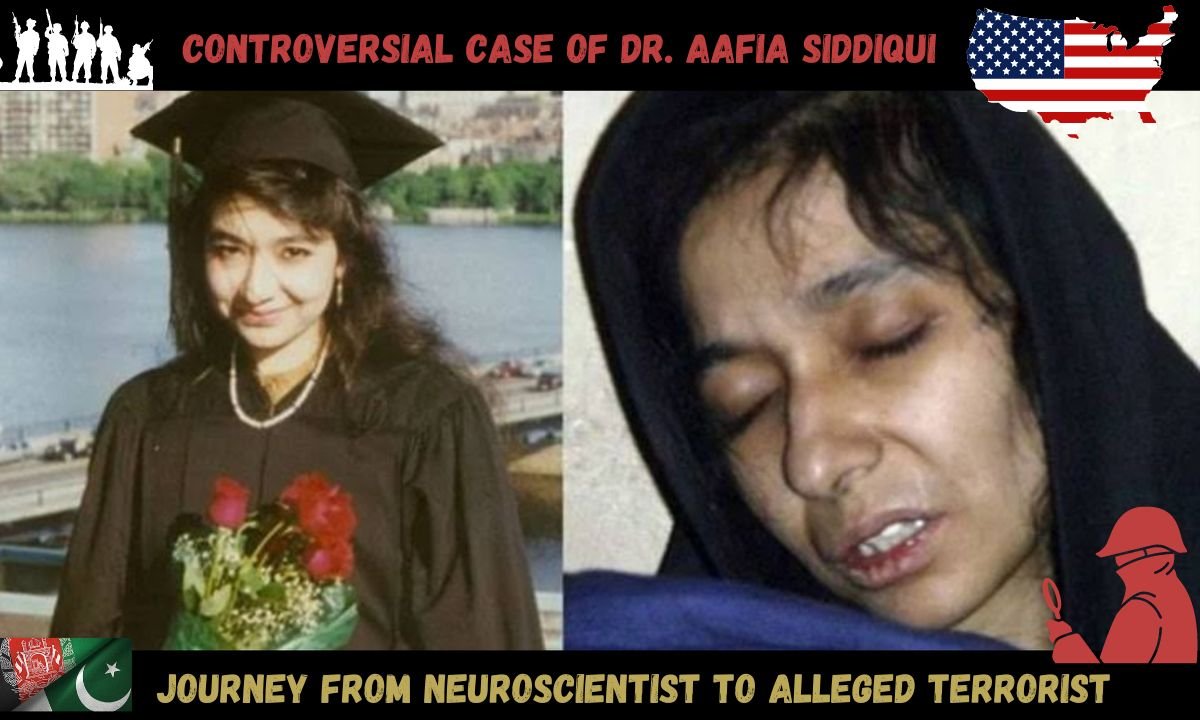



Post Comment